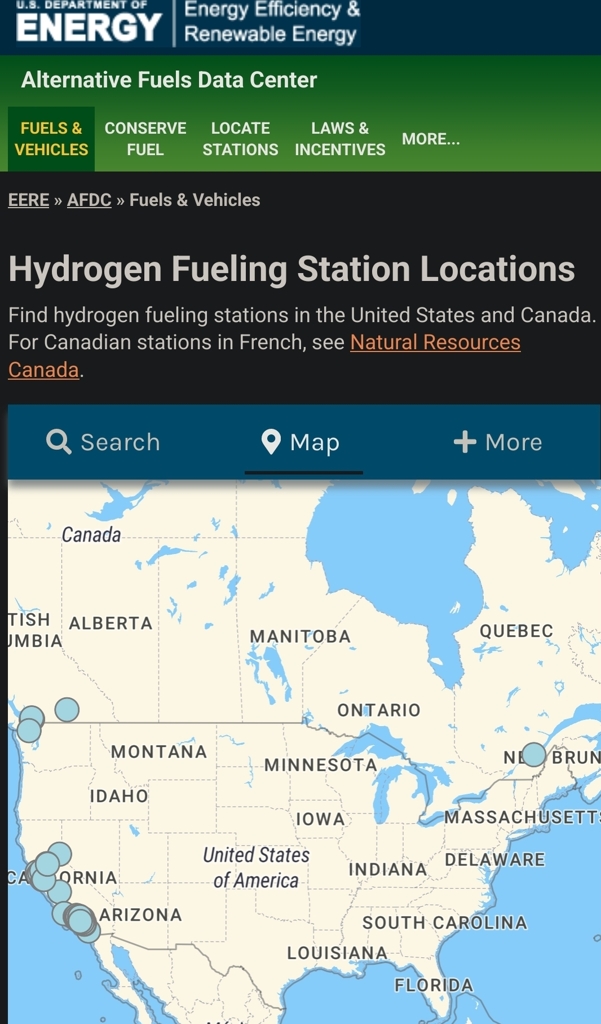The ones at the Washington state border are actually in Canada. I'd love to see hydrogen take off, not necessarily take over. But that's the car enthusiasts in me and seeing all the new technologies. Doubt I'll see it in my working career. 
Technology
This is a most excellent place for technology news and articles.
Our Rules
- Follow the lemmy.world rules.
- Only tech related content.
- Be excellent to each other!
- Mod approved content bots can post up to 10 articles per day.
- Threads asking for personal tech support may be deleted.
- Politics threads may be removed.
- No memes allowed as posts, OK to post as comments.
- Only approved bots from the list below, to ask if your bot can be added please contact us.
- Check for duplicates before posting, duplicates may be removed
- Accounts 7 days and younger will have their posts automatically removed.
Approved Bots
This podcast episode strong critiques the technical challenges, lifecycle costs, and market effort of hydrogen. I was hydro-curious before this, but it really seems unfeasible.
The chemical engineer being interviewed, Paul Martin, has been working with hydrogen for years.
Paul Martin is a Canadian chemical engineer with decades of experience making and using hydrogen and syngas. As a chemical process development specialist, Paul offers services to an international clientele via his private consultancy Spitfire Research. He is also co-founder of the Hydrogen Science Coalition, a nonprofit organization providing science-based information about hydrogen from a position free from commercial interest
From really long term hydrogen makes a lots of sense, much more than Li-* batteries. There is no need for digging up rare earth metals, H2 is a byproduct of creating graphene and various processes can create it. Also filling up liquid hydrogen takes still less, than any charging available. And IMO it can be much cleaner than any other technology on horizon currently. Only more effective but not necessarily cleaner are the plans for small nuclear power plants.